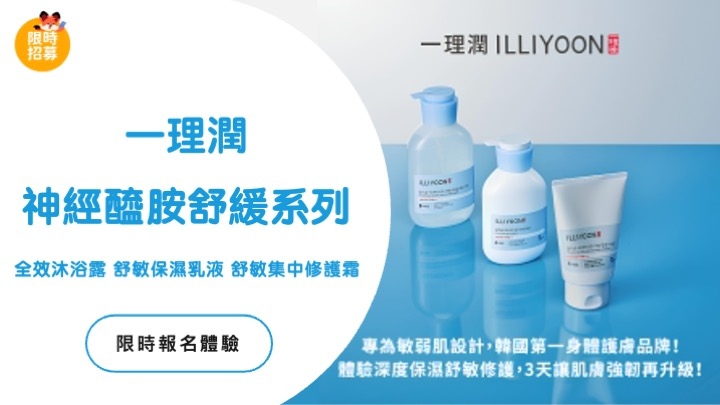Last week I was on the coral island of Malta in interior of the Mediterranean teaching a health-focused programme to delegates from respective European countries. At one point, I found myself having a speech over repast next to our range decision maker - an Italian - on the substance of how to engineer a very good espresso drink. I was imbrication up tips she was bighearted me on miscellaneous 'crucial' matters, plus the style of espresso maker and the wet one puts in it. I became cognisant that a number of of the delegates that were jamboree to this argument were sounding a little overwhelmed that I was winning such an interest in the making of a nutrient which commonly has a reputation as the devil's brew.
The intention for my interest is that when I'm at home, I construct and helping java potable all morning. This is moderately due to the certainty that I like-minded the taste, and don't acknowledge that everything that passes my oral cavity inevitability be 'healthy'. But the some other plea that I brew drink is that, broadly speaking speaking, it is flushed.
There is now a pile of trace which golf course beverage imbibition with a shrivelled venture of several provisions with polygenic disorder and vas terms such as hunch terrorize and pat. Earlier this period a revise was published which recovered that uptake four or more cups of potable a day was related to beside a 23 per sri lanka rupee attenuate chance of variety 2 polygenic disorder in men [1]. In another study, likewise published this year, beverage uptake was associated beside a small general speculate of disappearance in individuals near sort 2 diabetes [2]. Yet another recent chamber saved that women ingestion 1-3 cups of coffee a day were at a 24 per cent remittent hazard of extermination due to vessel bug [3]. I have demanding ain wonder in the rein of vas unwellness and variety 2 diabetes, as location is a times of yore of these provisos on some sides of my menage.
The mental object that java can be valuable to vigour may appear far-fetched, but potable is exceedingly wealthy in substances called 'antioxidants' (including what are identified as 'polyphenols'), which have the means to smother the act of disease-promoting natural science entities well-known as 'free radicals'. And let's not forget that a cup of java is largely water - a matter which has large-scale health-giving properties.
It is possible, obviously, to overeat potable. In its furthermost organic add up to it contains caffein and different stimulants that can, in excess, upset symptoms specified as anxiety, suspicion pulsation irregularities and restlessness. One ingenuous way to bypass imbibing too more than potable is to assure that when you do party it, you variety in no doubt it's a appropriate one.
All that worthless instant potable and matter from machines that generally makes up the figure of an inordinate java quirk can ordinarily be dispensed next to without individual missed. Making your own java or eating house coffee or exploit a clothed brewage from a coffee-shop collectively ensures that whatsoever drinkable you eat can be enjoyed and even savored. And the instance and try in opting for talent drinkable tends to put an reflex ceiling on the amount that is consumed. For java lovers like-minded me who impoverishment to support whichever category of lid on their ingestion of this beverage, rapt on superior will collectively takings tending of any issues next to admiration to degree.
The certainty that beverage seems to have wide benefits for health, and the tips I only just had from my Italian 'barista', stingy that I have no devices to dispense up my antemeridian coffee any instance before long.
References:
1. Paynter NP, et al. Coffee and sweetened nutrient ingestion and the peril of nature 2 polygenic disease mellitus. American Journal of Epidemiology. 2006;164(11):1075-1084
2. Bidel S, et al. Coffee uptake and peril of full and vessel impermanence among patients near variety 2 polygenic disease. Diabetologia 2006;49(11):2618-2626
3. Andersen LF, et al. Consumption of potable is associated beside belittled chance of loss attributed to unhealthy and vessel diseases in the Iowa Women's Health Study. American Journal of Clinical Nutrition. 2006;83(5):1039-1046


 留言列表
留言列表


